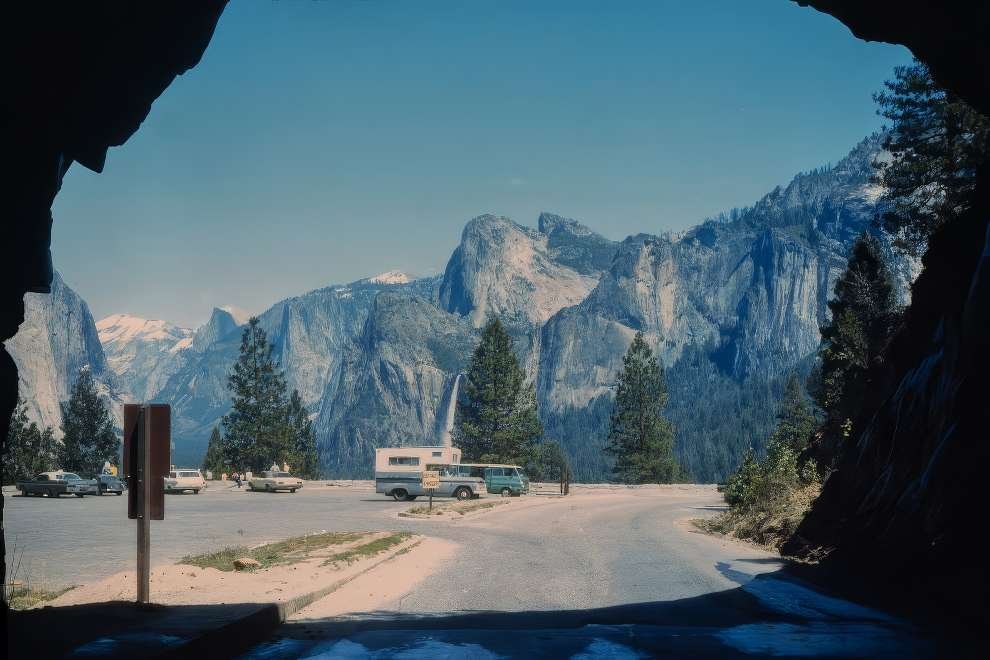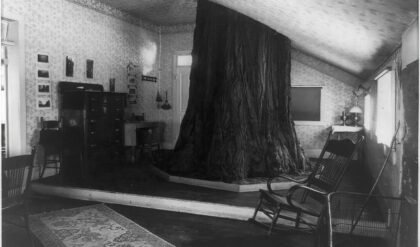Big Trees Museum (Galen Clarks Cabin), Yosemite National Park, 1969
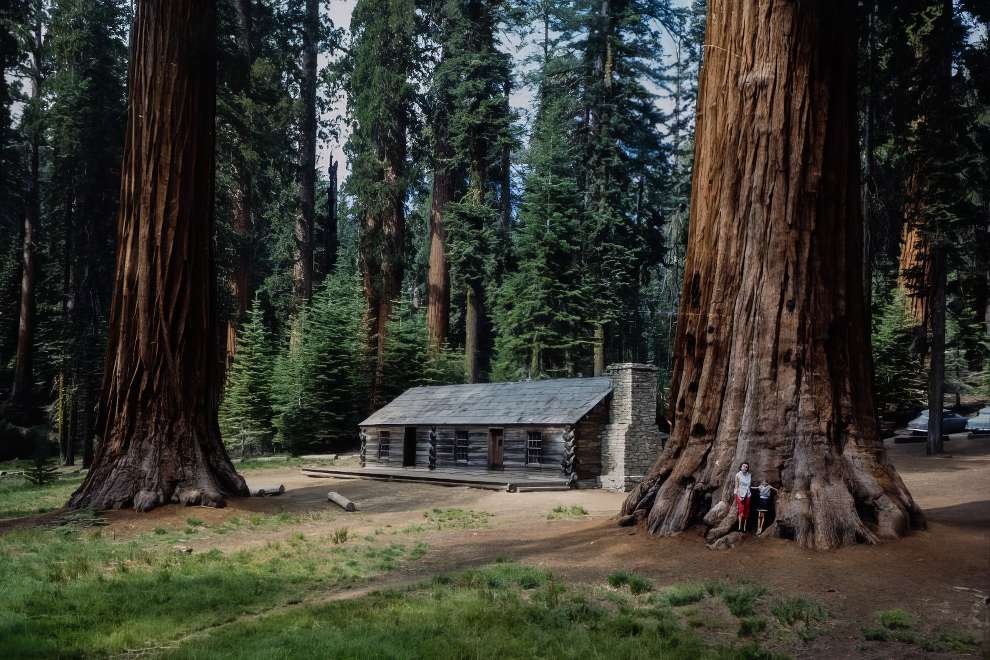
Yosemite National Park is a stunning natural wonder located in California, bordered by the Sierra National Forest to the southeast and Stanislaus National Forest to the northwest. Managed by the National Park Service, the park encompasses a vast area of 759,620 acres spread across four counties, primarily in Tuolumne and Mariposa, with extensions into Mono and Madera. Designated as a World Heritage Site since 1984, Yosemite is renowned for its breathtaking granite cliffs, cascading waterfalls, pristine streams, majestic sequoia groves, serene lakes, towering mountains, expansive meadows, ancient glaciers, and rich biodiversity. In fact, nearly 95% of the park is designated as wilderness, making it a haven for nature enthusiasts and outdoor adventurers alike.
Cathedral Spires, Yosemite National Park, 1969
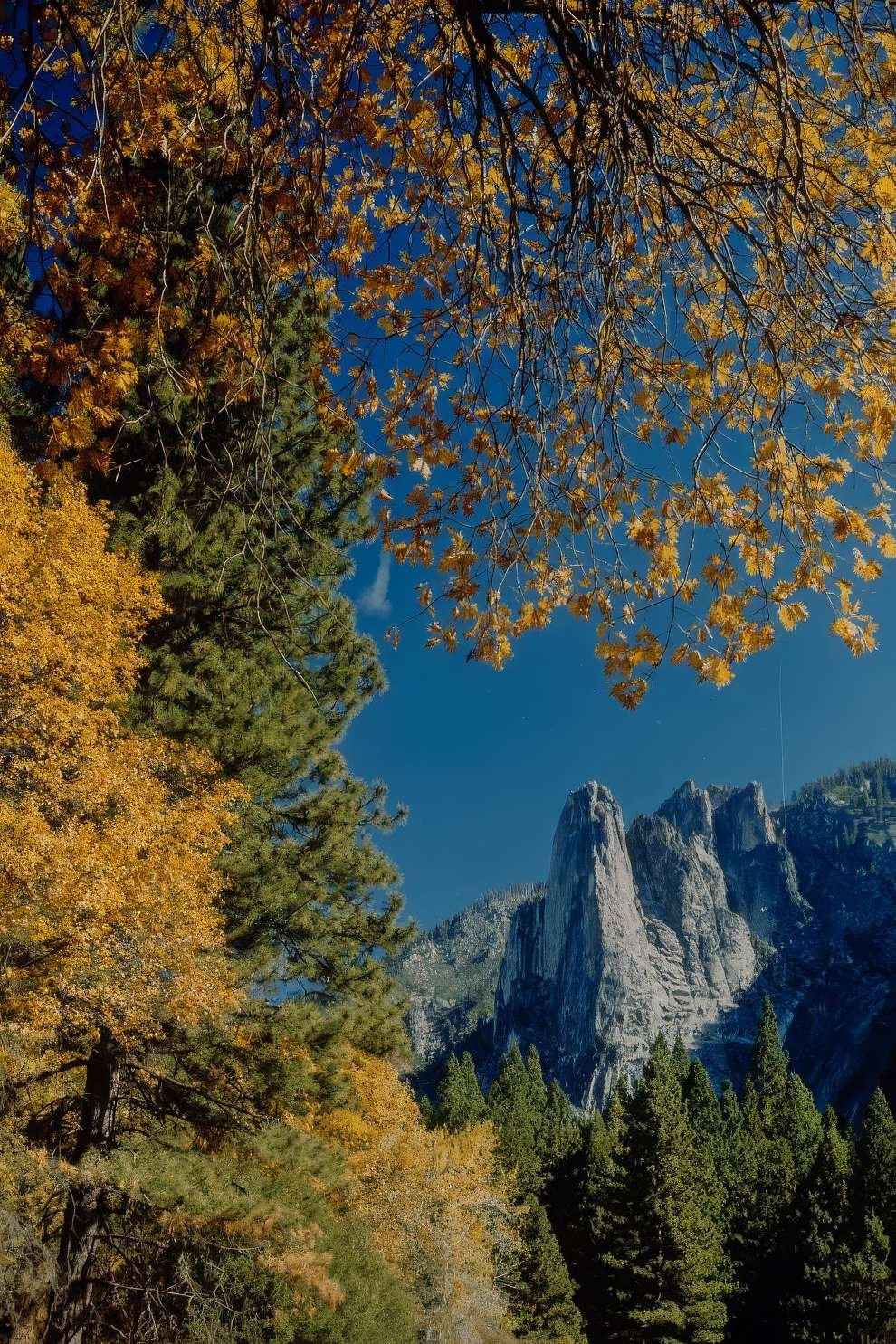
The geology of Yosemite is equally fascinating, with granite and remnants of older rock formations dominating the landscape. The park is a prime example of the Sierra Nevada’s geological history, which was shaped by dramatic tectonic forces over millions of years. Approximately 10 million years ago, the Sierra Nevada range was uplifted and tilted, giving rise to steep river valleys and narrow gorges that define the park’s terrain. Subsequent glaciation around one million years ago sculpted the iconic U-shaped Yosemite Valley, carving out its distinctive features and creating a landscape of unparalleled beauty.
Deer and Giant Sequoias, Yosemite National Park, 1969
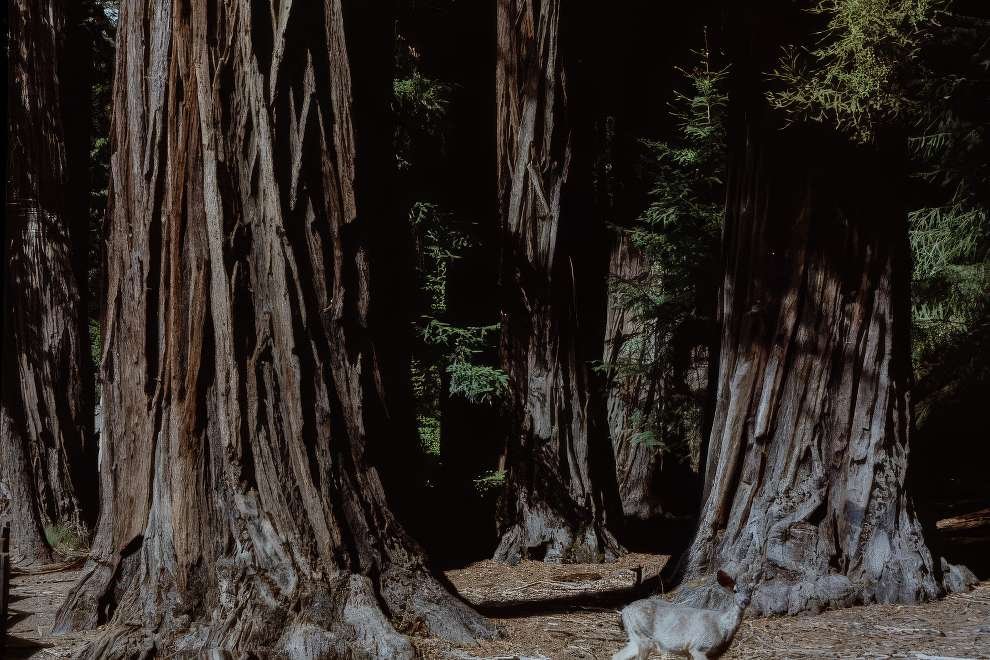
Yosemite National Park is not only a testament to the Earth’s geological evolution but also a sanctuary for a diverse array of plant and animal species. Its unique habitats, ranging from high alpine meadows to dense forests, support a wide variety of wildlife, including black bears, mule deer, mountain lions, and countless bird species. This rich biodiversity is a testament to the park’s ecological significance and underscores the importance of preserving these natural landscapes for future generations to enjoy and appreciate.
Firefall, Yosemite National Park, 1969
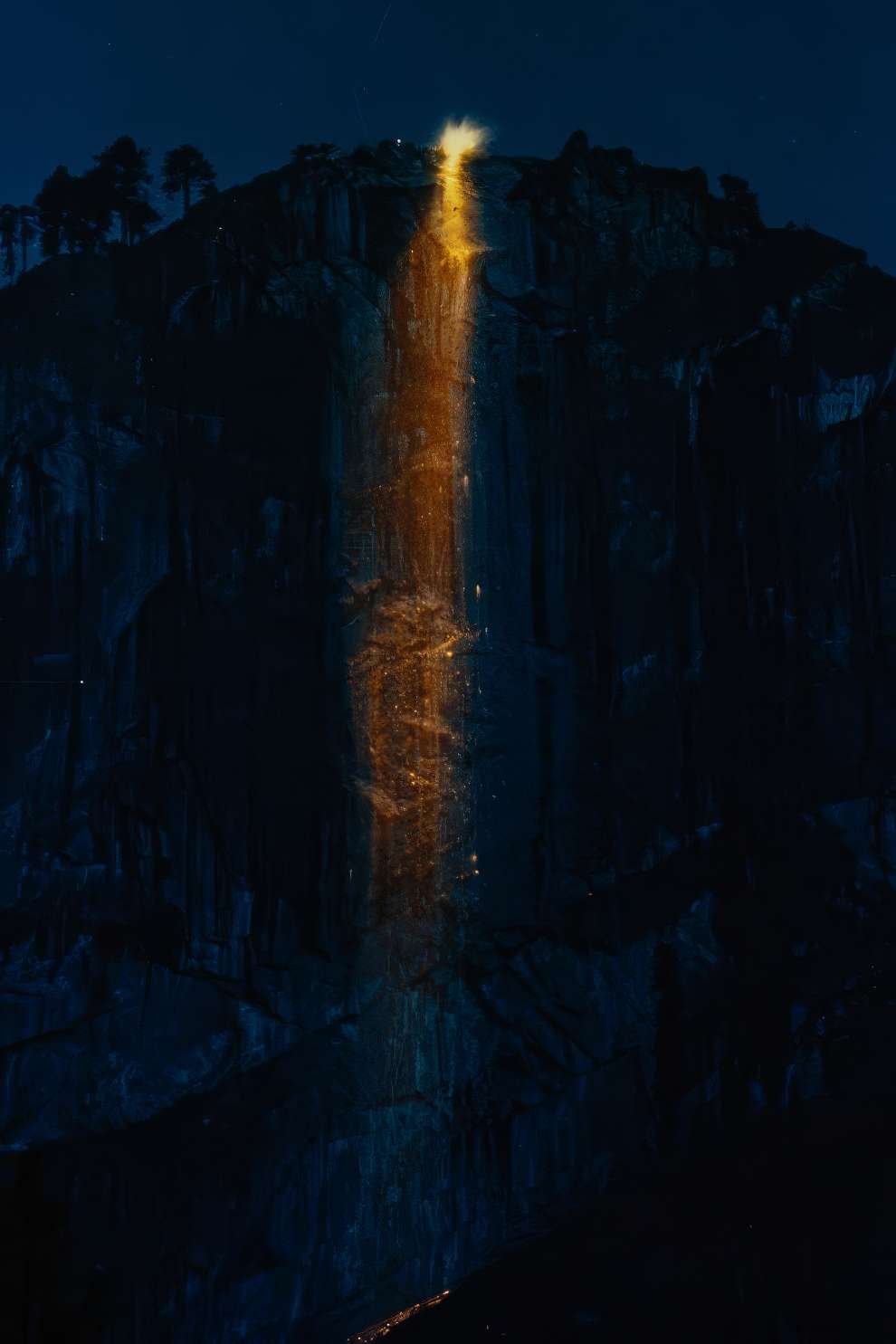
Forest Path, Yosemite National Park, 1969
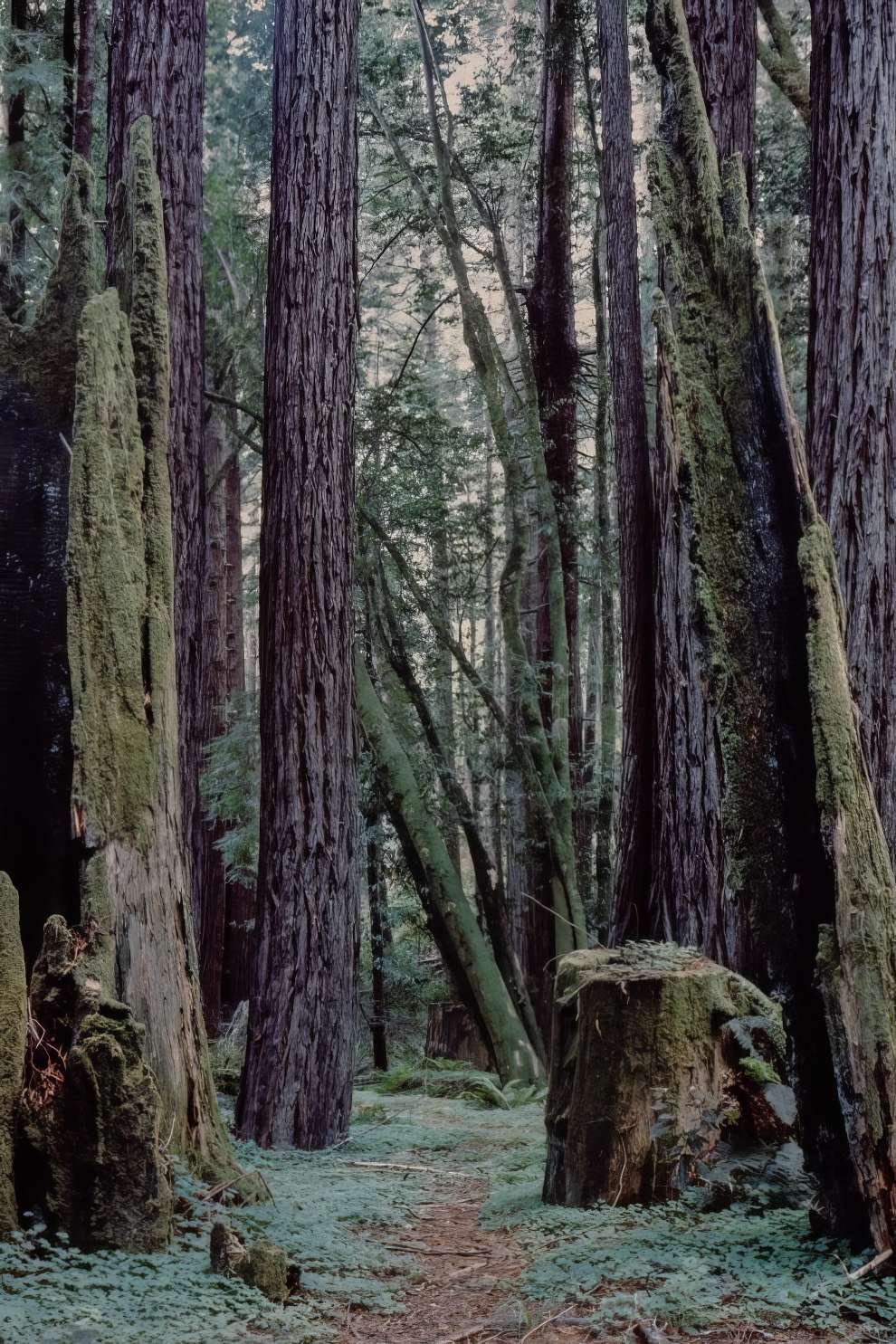
Hall Dome from Foot Bridge, Yosemite National Park, 1969
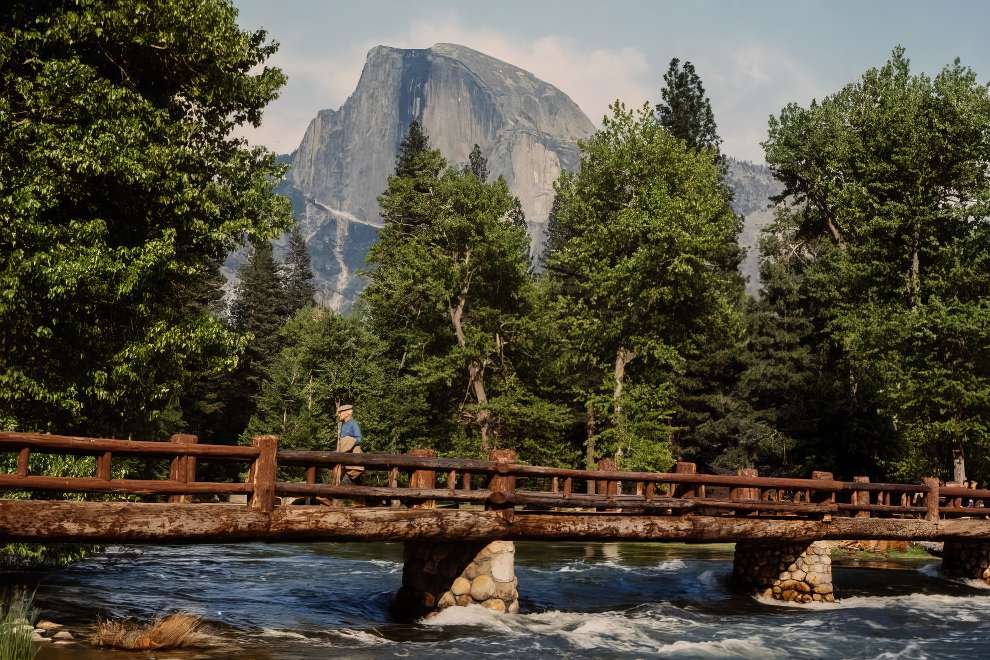
Hall Dome from Glacier Point, Yosemite National Park, 1969
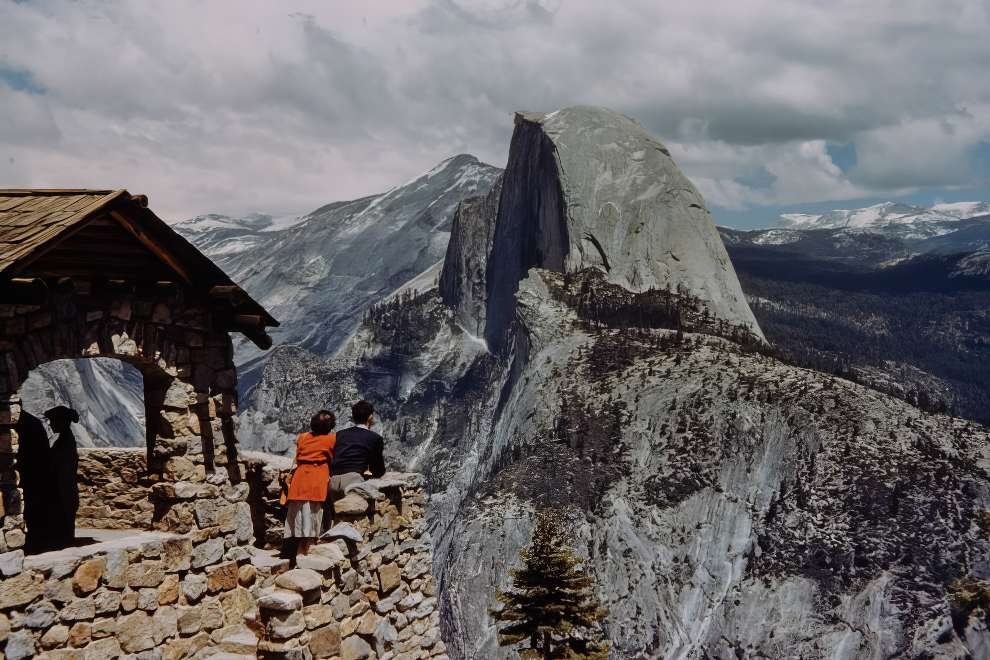
Hall Dome from Glacier Point, Yosemite National Park, 1969
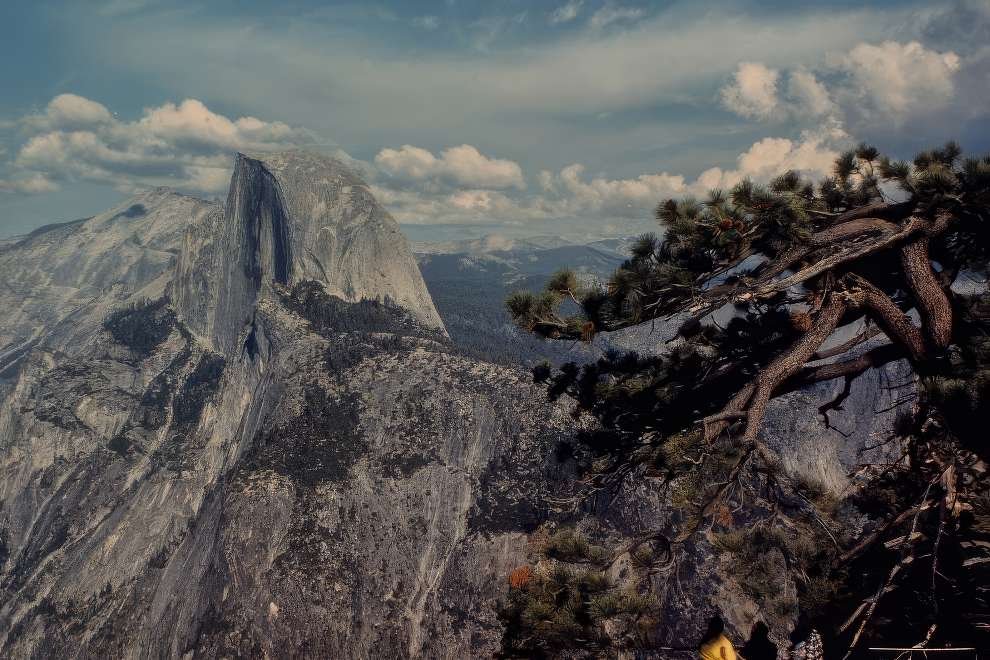
High Country from Washburn Point, Yosemite National Park, 1969
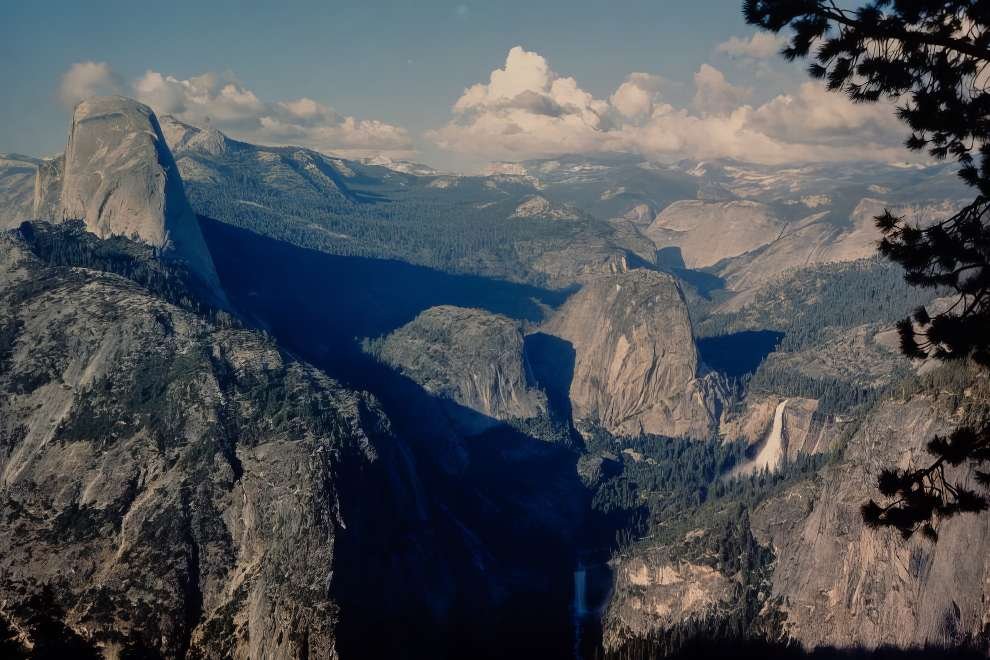
Jeffrey Dome, Yosemite National Park, 1969
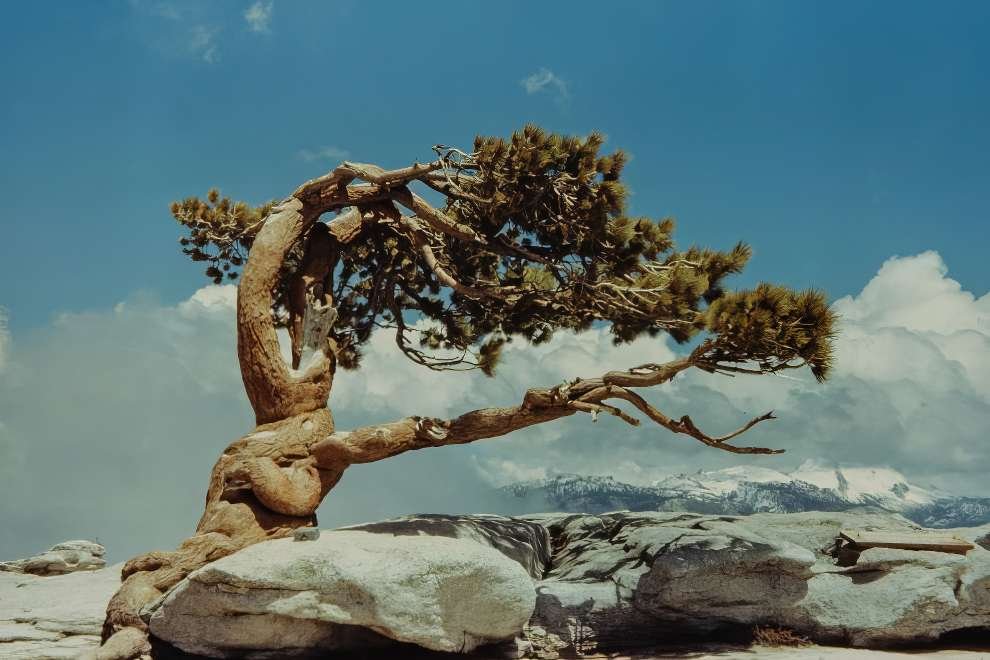
Mariposa Grove, Yosemite National Park, 1969
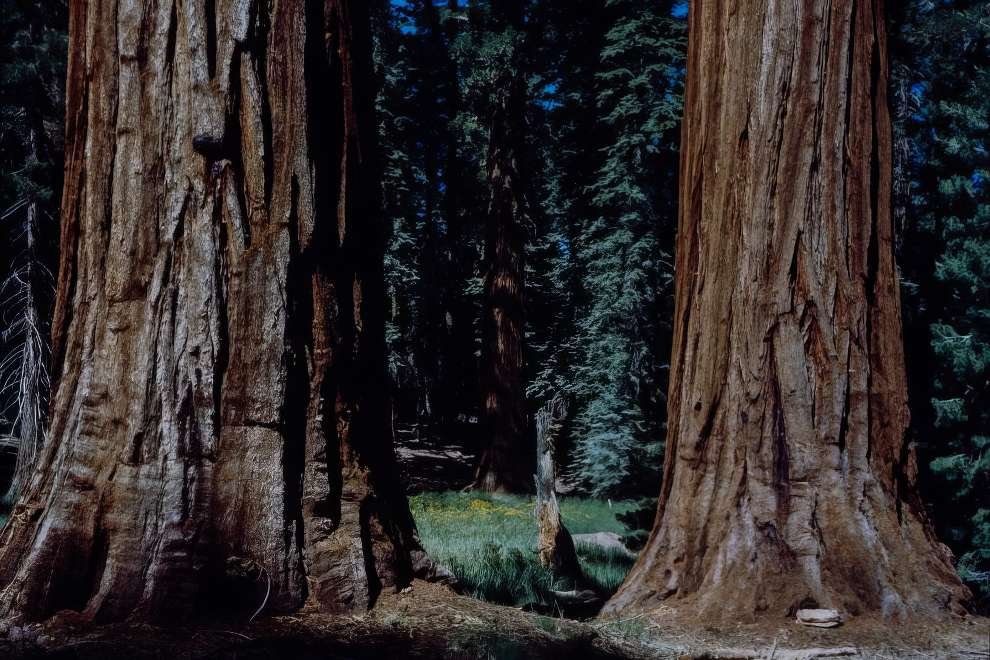
Meadow in Mariposa Grove, Yosemite National Park, 1969
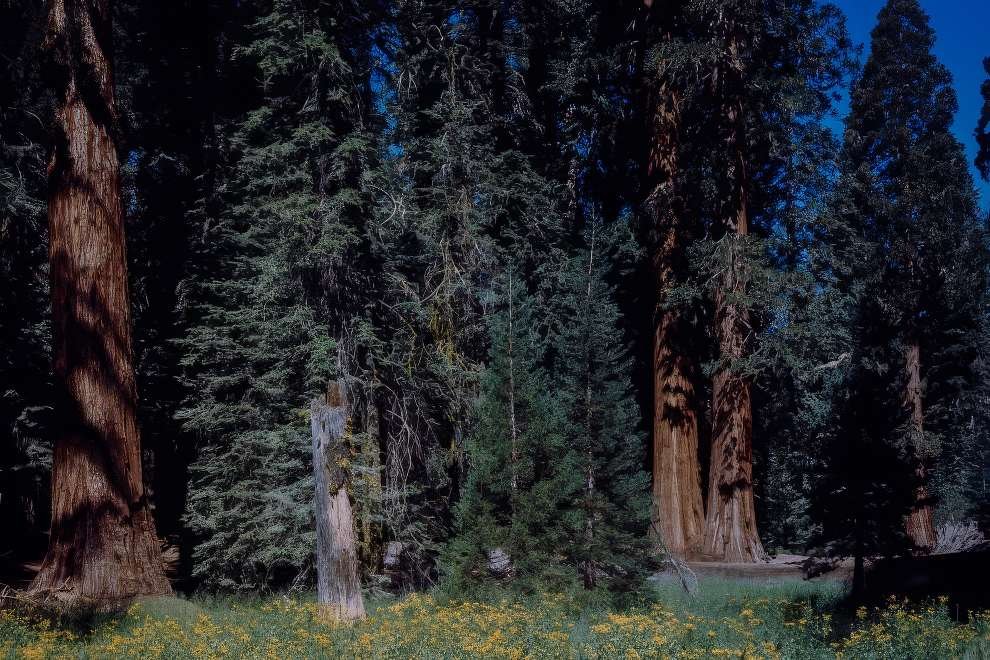
Mirror Lake (Tenaya Creek), Yosemite National Park, 1969
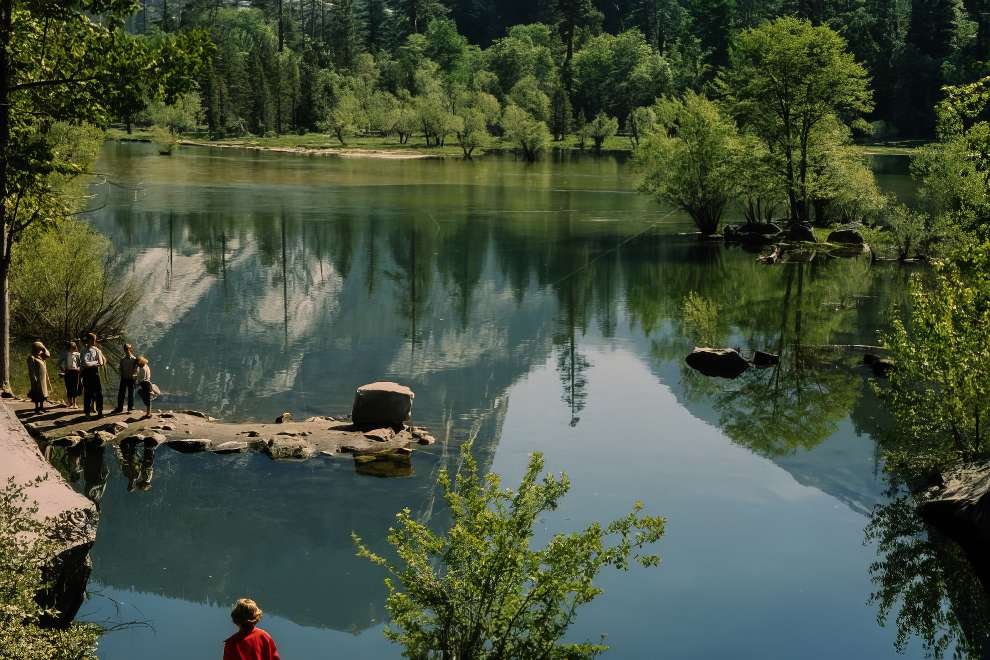
Sunrise over Yosemite Valley, Yosemite National Park, 1969
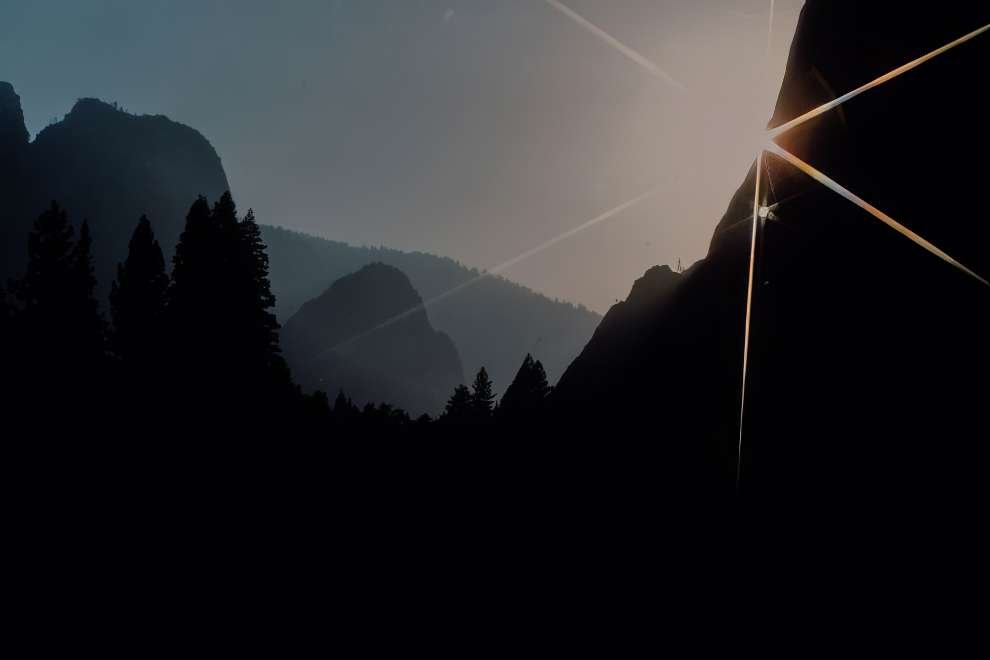
Superintendent’s Bridge on Merced River, Yosemite National Park, 1969
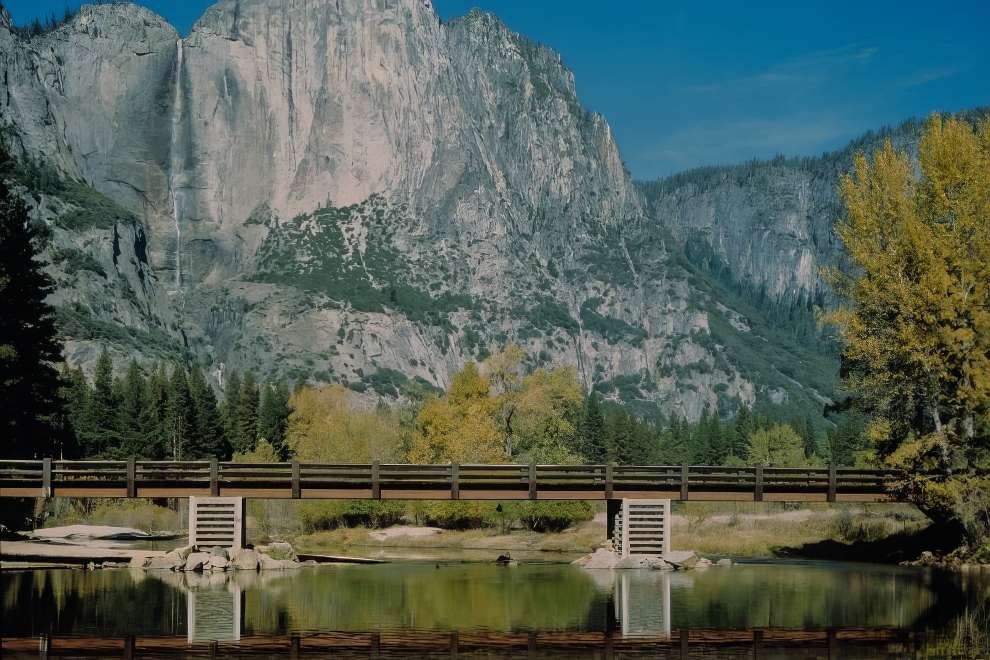
Upper Yosemite Falls, Yosemite National Park, 1969
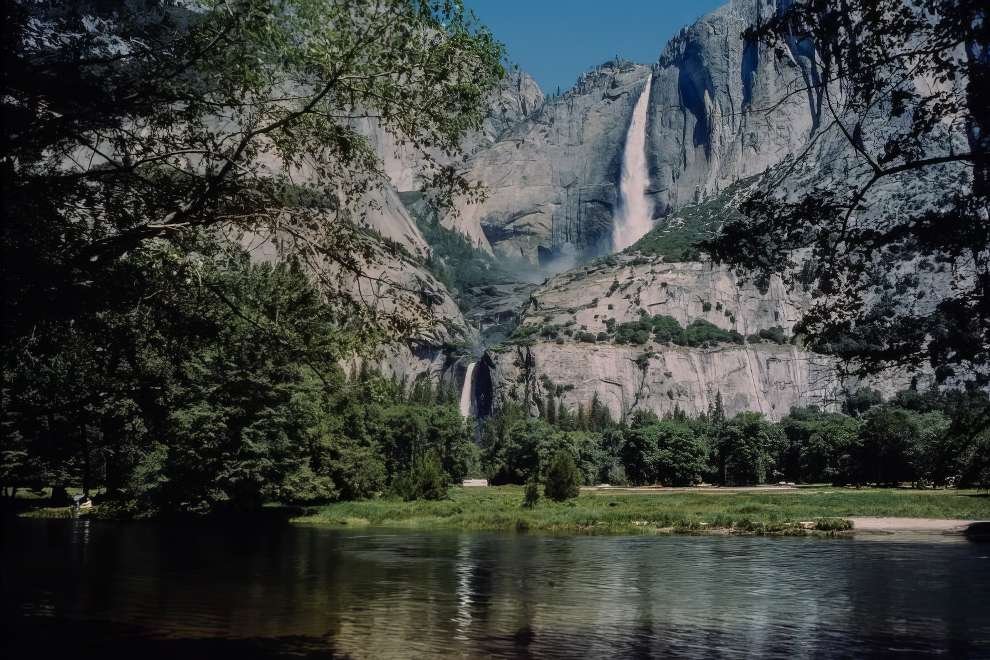
Upper Yosemite Falls, Yosemite National Park, 1969
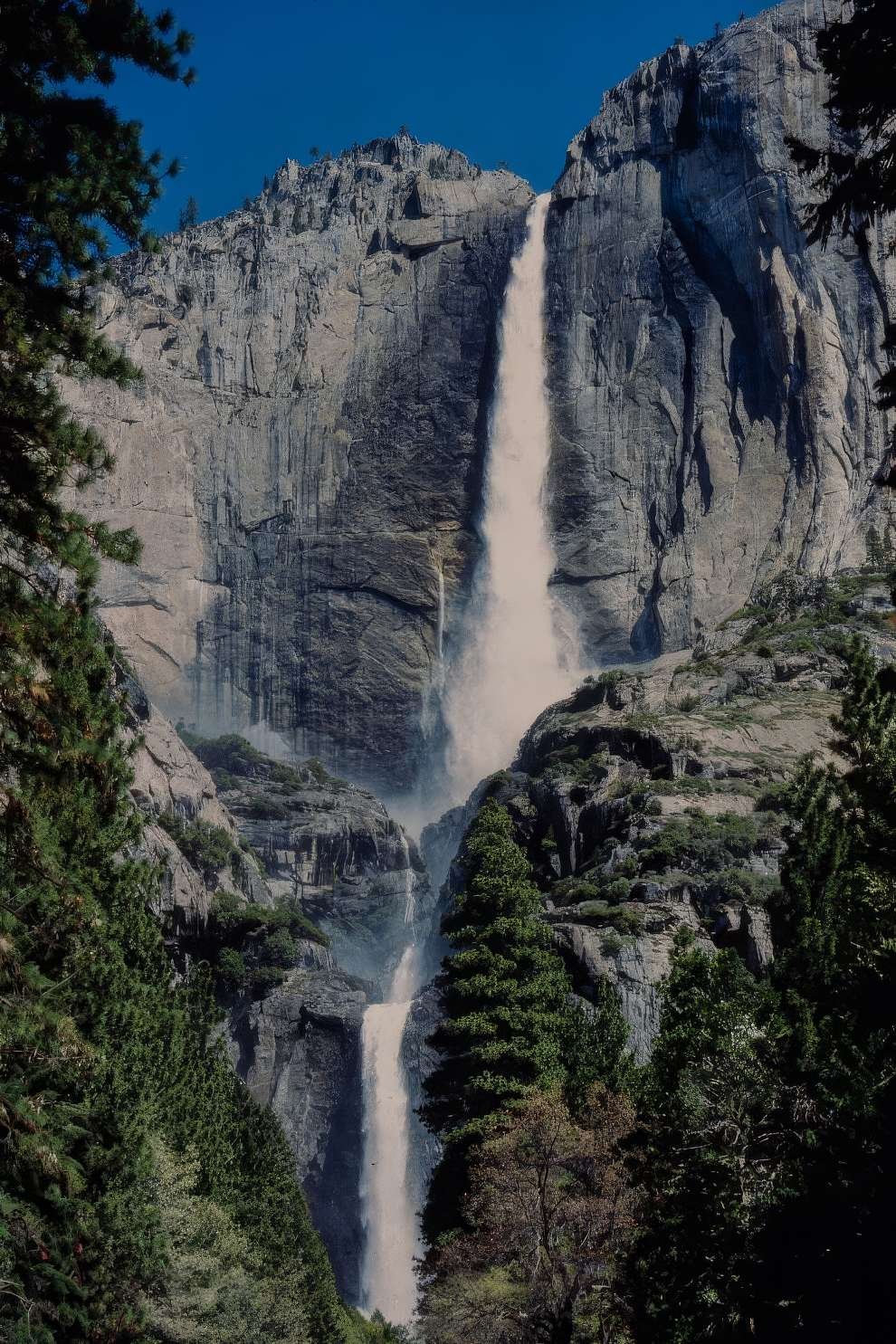
Valley View with Merced River, Yosemite National Park, 1969
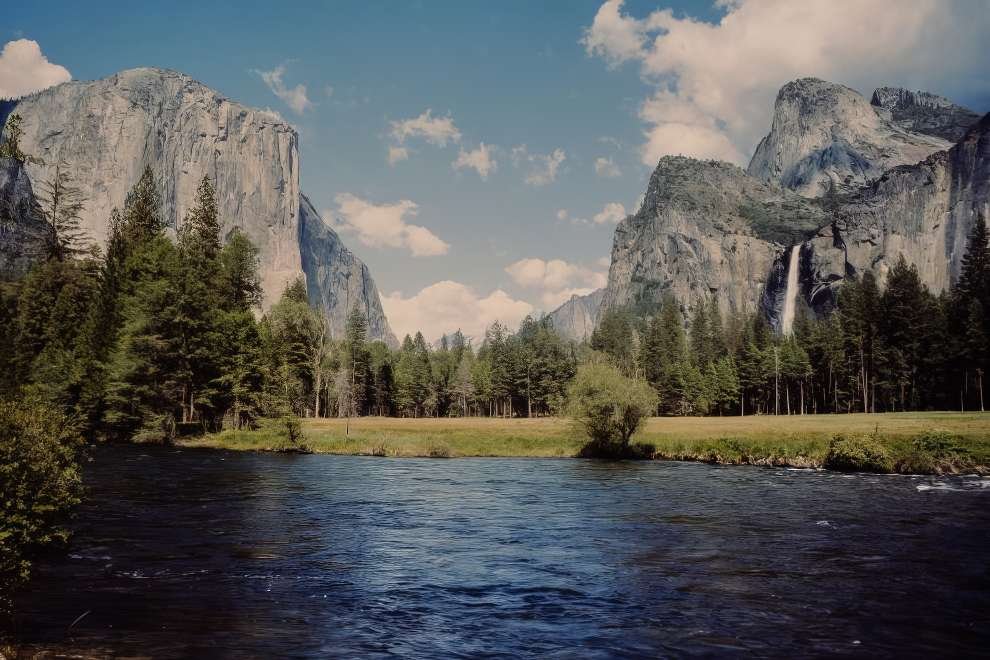
Vernal Falls, Yosemite National Park, 1969
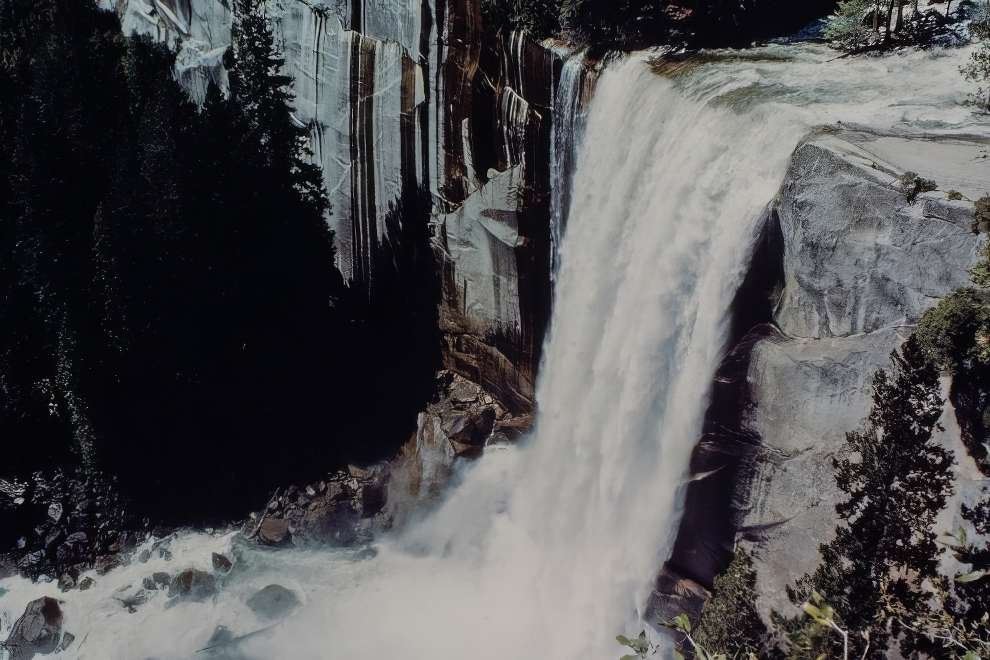
Wawona Tunnel Tree, Yosemite National Park, 1969
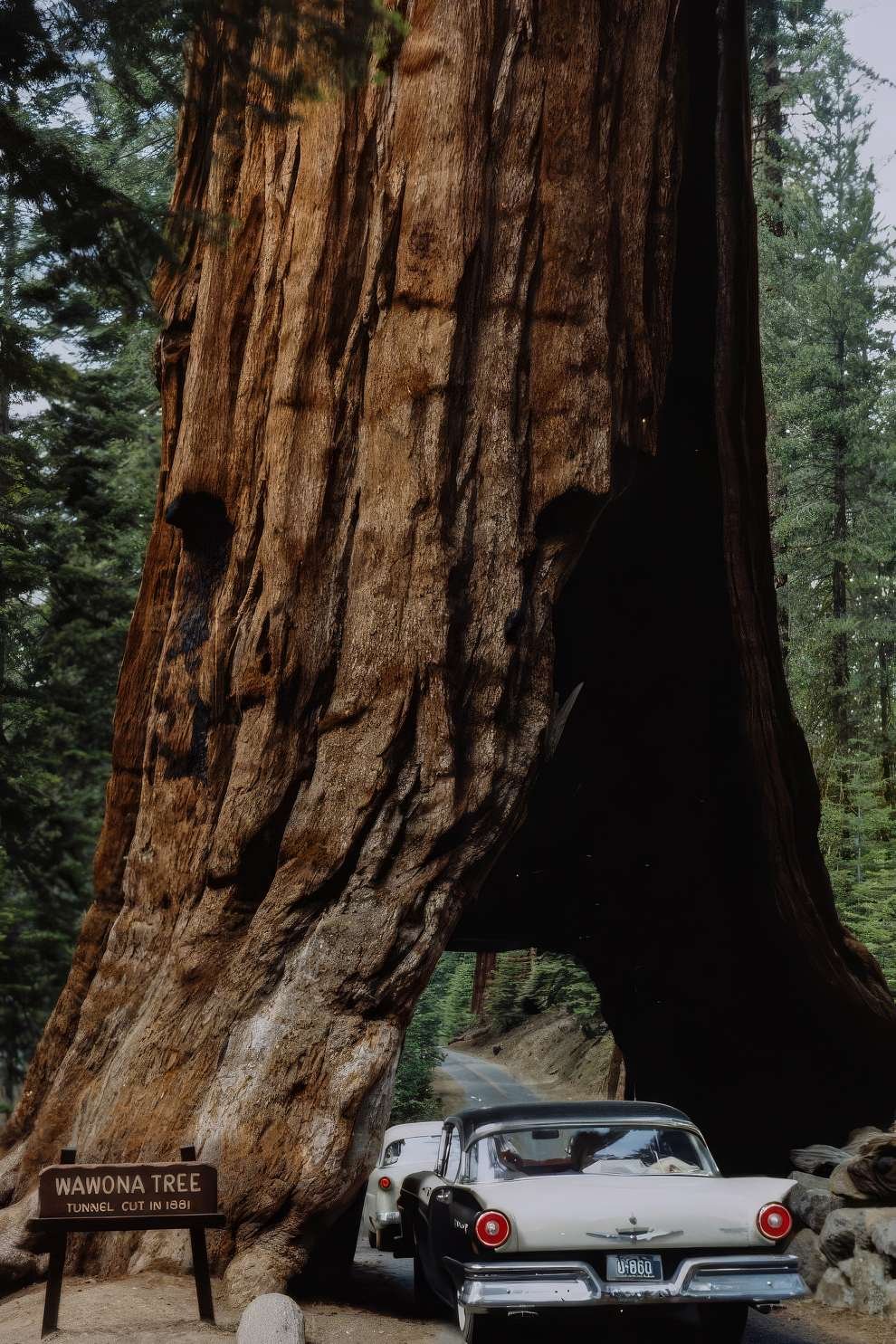
Wawona Tunnel, Yosemite National Park, 1969
